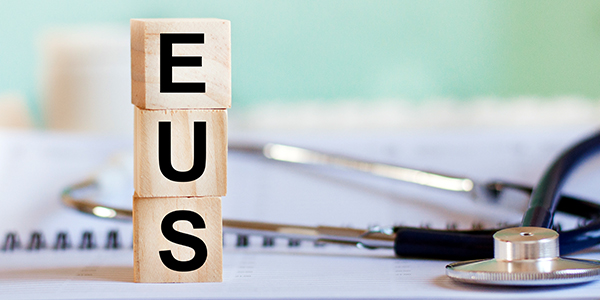Navigating the EUS Procedure: Expert Insights
Embark on a journey of understanding the EUS (Endoscopic Ultrasound) Procedure at Vanguard Gastroenterology Clinic. Our team of skilled gastroenterologists provides expert insights, guiding you through this specialized endoscopic technique with precision and care. Explore the significance of EUS in diagnosing and treating various gastrointestinal conditions with confidence.

At Vanguard Gastroenterology Clinic, our EUS (Endoscopic Ultrasound) Procedure service offers a cutting-edge diagnostic technique that combines endoscopy and ultrasound to provide precise insights into various gastrointestinal conditions. With the expertise of our skilled gastroenterologists and state-of-the-art equipment, we deliver comprehensive and accurate evaluations, empowering you with the knowledge needed for personalized treatment and improved digestive health.
Understanding the EUS Procedure
The EUS procedure involves a thin, flexible endoscope with an ultrasound transducer at its tip. This allows our gastroenterologists to visualize and obtain detailed images of the gastrointestinal tract and surrounding organs, such as the pancreas, liver, and lymph nodes. The procedure is typically performed under sedation, ensuring your comfort throughout the examination.
The Importance of Expert EUS
EUS is a powerful diagnostic tool that enables our gastroenterologists to assess conditions that may not be fully visible with traditional endoscopy or imaging methods alone. It is particularly valuable for evaluating and diagnosing gastrointestinal tumors, pancreatic cysts, and staging cancers, providing vital information for determining the most appropriate treatment options.
Precise Diagnoses and Tailored Treatments
With EUS, our skilled gastroenterologists can obtain high-resolution images that aid in accurate diagnoses. This empowers us to create personalized treatment plans tailored to your unique needs, ensuring optimal outcomes and improved quality of life. We may also recommend follow-up procedures such as colonoscopy or capsule endoscopy for a comprehensive digestive health assessment.
EUS-Guided Interventions
Beyond diagnostics, EUS also allows for therapeutic interventions. Our experienced team can perform EUS-guided fine needle aspirations (FNA) to obtain tissue samples from suspicious areas, aiding in the diagnosis of gastrointestinal lesions and tumors. Additionally, EUS-guided drainage procedures can effectively treat fluid collections or abscesses in the abdomen.
Comfort and Safety
The EUS procedure is performed as an outpatient procedure, and patients usually return home on the same day. Sedation is administered during the examination to ensure your comfort and minimize any potential discomfort.
Post-Procedure Care and Follow-Up
Following the EUS procedure, our team will provide you with post-procedure instructions and discuss the findings. If any abnormalities are detected, we will work closely with you to develop a tailored treatment plan. We may suggest IV infusion therapy or additional GI consultations to support your treatment journey.
Empowering Your Digestive Health
At Vanguard Gastroenterology Clinic, our commitment to excellence and advanced technology enables us to provide exceptional EUS services. By navigating the EUS procedure with expert insights, we are dedicated to empowering you with the knowledge needed to make informed decisions about your digestive health.
Frequently Asked Questions (FAQs)
How is the EUS procedure different from other diagnostic tests?
EUS provides high-resolution images of the gastrointestinal tract and surrounding organs, making it particularly valuable for evaluating areas that may not be fully visible with other diagnostic tests, such as traditional endoscopy or imaging methods.
Is the EUS procedure painful?
No, the EUS procedure is not typically painful. It is performed under sedation to ensure your comfort throughout the examination.
How long does the EUS procedure take?
The duration of the EUS procedure may vary depending on the complexity of the examination. On average, it takes about 30 minutes to an hour to complete.
What can I expect after the EUS procedure?
After the EUS procedure, you may experience mild discomfort or bloating, which should subside shortly after the examination. Most patients can resume normal activities the same day.
What conditions can EUS help diagnose and treat?
EUS is particularly useful for diagnosing and staging gastrointestinal tumors, evaluating pancreatic cysts, and assessing conditions such as chronic pancreatitis, bile duct abnormalities, and enlarged lymph nodes.
Are there any risks associated with the EUS procedure?
EUS is generally considered safe, and serious complications are rare. However, like any medical procedure, there are some risks, such as perforation, infection, or bleeding. Your gastroenterologist will discuss these risks with you before the procedure.
How should I prepare for the EUS procedure?
Your gastroenterologist will provide you with specific instructions on how to prepare for the EUS procedure. This may include fasting for a certain period before the examination.
